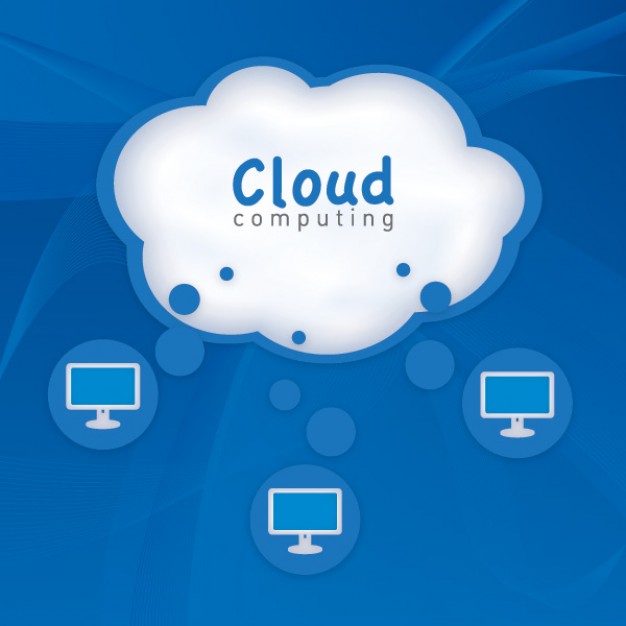Depending on how it is put into operation, cloud storage might mean different things to different people. Just like it is still not as simple as many might think to define cloud computing, there is still not consensus among those in the industry as to exactly what cloud computing is. Nonetheless, we can define cloud storage as a service model through which data is maintained, managed and backed up remotely and is made available to users over a network, most commonly over the internet.
Cloud storage is a small part of cloud computing and means that you store your data off site using a third party vendor. This happens through a remote database and an Internet connection and anyone who has their data stored by the vendor can have access to their data without the worries of having their own hard drive space. With the ability to store your data using vendors, you no longer need to worry about having to spend money on storage or about the transmission of data from one place to the other. There is also no need to invest in data storage devices and there is no limitation to how much data you can store.
Cloud storage is a normal extension of Software-as-a-Service and is available in three models namely; public cloud, private cloud and hybrid cloud. An enterprise level cloud storage framework is supposed to be scalable so that it is suitable for present needs and should be accessible from anywhere as well as application agnostic. With cloud storage, you are able to store data on a web based server through the Internet and thus attain a completely paperless filing system. With cloud storage, you also have great ease and accessibility of data without having to worry about storage facilities.
There are three vital characteristics traits of cloud storage that are worth mentioning. Firstly, cloud storage services must always be over a network. Secondly, the storage pool must always allow for easy scalability without downtime and finally the storage pool must always be easy to manage especially when scaled. Cloud storage is not just about a storage rental that is available online. It is more about the architecture, the performance and the scaling where you can add standard hardware from your preferred commodity storage vendor and get shared access through a standard network.
Through cloud storage, hosting vendors operate large data centers and businesses or organizations with storage needs; buy or lease the storage capacity from the vendors. Cloud storage has the same characteristics as cloud computing in terms of agility, scalability, elasticity and multi-tenancy. Thus through cloud computing your data is stored through an off-site infrastructure by third party vendors on a remote database through a web service application programming interface or through a web based user interface.
Cloud storage is convenient and offers more flexibility for businesses and organizations. The potential for economies of scale as far as cloud storage is concerned is one major benefit for most businesses. This as well as the benefits of outsourced operations, which are simple and offer unlimited growth while also providing enterprise features for small users, for example high availability, security and data protection.
Nonetheless just like cloud computing does not describe one single subject matter, cloud storage has many features which cannot be lumped into one. However, it is important for businesses to assess their own circumstances and determine the types of solutions appropriate for their storage needs.
